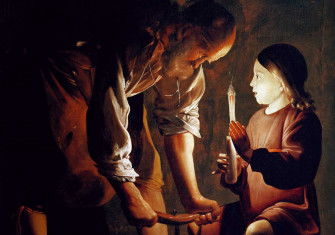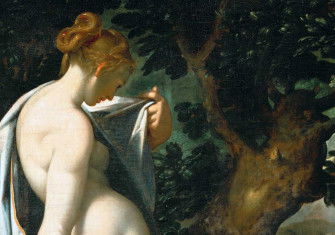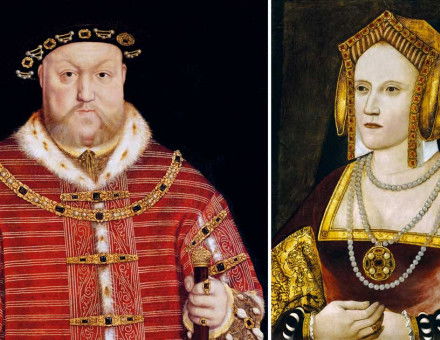Laocoön
A warning is ignored and a city falls in El Greco’s lurid depiction.

‘Don’t trust the horse, my people. Even when they bring gifts, I fear the Greeks.’
These are among the most famous lines of the classical world, uttered by Laocoön, the Trojan priest of Poseidon (the Roman god Neptune), in the second book of Virgil’s Aeneid, written in the first century BC. A gigantic horse, made with woven ribs of fir, had been built by the Greeks who had besieged the city of Troy for ten years. Its belly hid a group of their greatest warriors, including Odysseus. It was left outside the city as the Greeks, apparently, sailed away. An inscription on its side read: ‘For their return home, the Greeks dedicate this offering to Athena.’ It seemed to be compensation for the Greeks’ destruction of her temple in Troy. A Greek soldier, Sinon, was seemingly abandoned on the beach, though his real task was to light a beacon once the soldiers inside the Trojan horse had opened the city’s gates, alerting the Greek army, who would finally destroy Troy.







